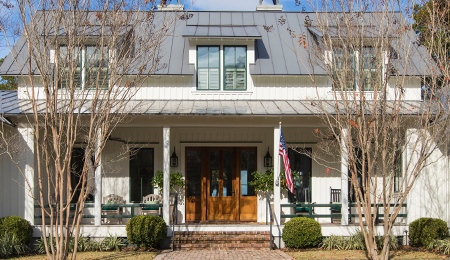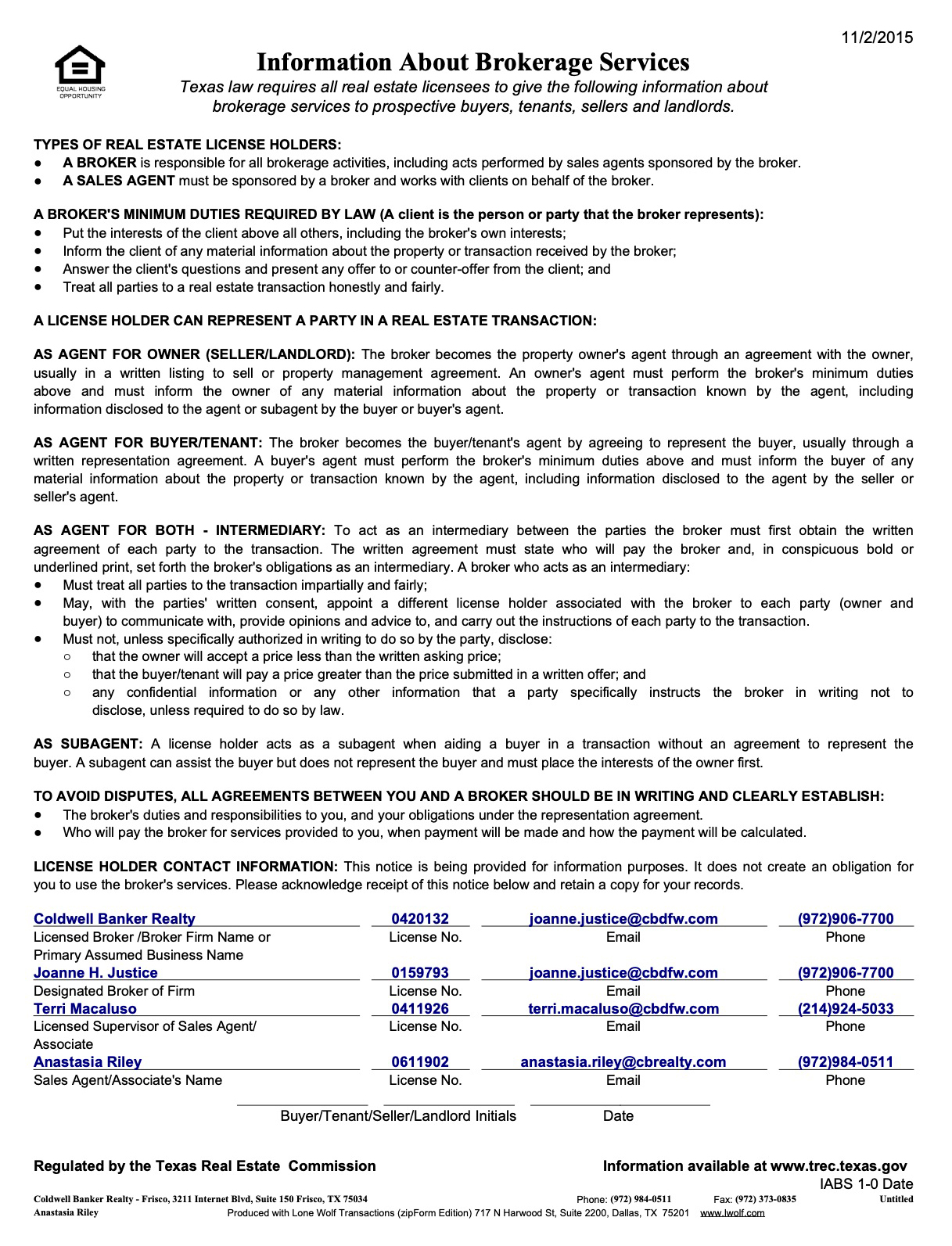The housing market hit a high water mark in June. Where will it go?
The most common question I get from clients and prospects is what I think will happen with the housing market in 2023. As we all know, the last couple of years has been a whirlwind characterized by a lack of housing inventory, sky-high prices, bidding wars, historically-low mortgage rates, and record-high consumer desire to purchase all of it. If you can name it, we probably all wanted to buy it early last year. The economy was running on all cylinders: Businesses could not deliver enough products nor hire enough people to keep up with and service the demand. As a business owner and investor, it was exhilarating, yet not sustainable, and everyone knew it.
In an attempt to push the brakes to cool the overheated economy and ultimately curb the demand, the Federal Reserve decided to raise the federal funds rate. Now that it is more expensive for banks to borrow money, they make home and auto loans, credit cards, and the everyday operations of business more expensive. To put it plainly, the Fed’s main goal is to get us out of the mood of buying stuff and spending money, and they are being rather successful.
“There are neighborhoods where real estate prices came down as much as 10%.”
In the real estate world, we all felt things started to shift drastically beginning in June of last year. That’s when multiple offers disappeared, the days on the market became longer, the inventory of available homes tripled in DFW, and, most importantly, affordability became an issue. The experts calculated that the increase in mortgage rates in 2022 has the same impact on affordability as a 35% increase in the price of the property.
With homebuyers facing pressure from high prices and mortgage rates, something had to give, and based on the Fed’s messaging, it was not going to be mortgage rates. The logical conclusion that real estate prices have to drop should not come as a big surprise. Rising rates make homes more expensive for buyers, reducing the demand for home purchases. Reduced demand also affects sellers as they need to reduce the prices of their homes to attract buyers. Now we need to figure out where the housing market will find its new equilibrium—the balance between supply and demand.
Since I cover the entire DFW area, I must tell you that different parts of our metroplex behave differently. There are neighborhoods where real estate prices came down as much as 10%, and there are areas showing only a 3% to 4% decline. If you have a question about your specific situation, please call me, and I will be glad to share my thoughts with you. (972) 984-0511 is my direct cell phone number.





